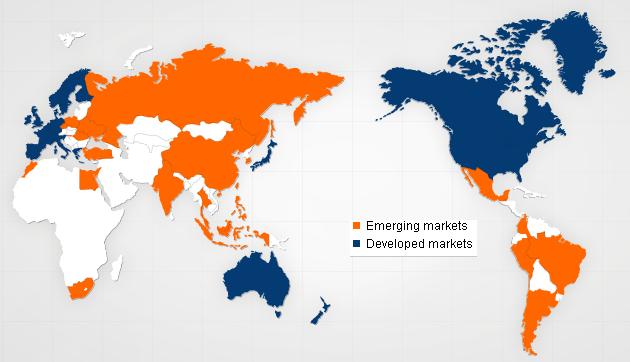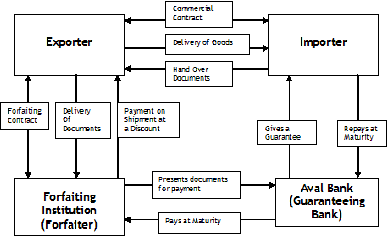Of late emerging markets have become a buzzword among the international investors for reaping greatest potential rewards which would be impossible if they stayed put in their affluent hinterlands. The term emerging markets (EMs) is a collective reference to the stock markets of the developing nations. A question, which overpowers a discerning mind, is why the international investors are looking towards emerging markets for investing their funds instead of established markets like US? Three reasons can be given to answer this question.
First, the average total return of emerging markets has outstripped those of developed markets. Investments total return index computed by the IFC (International Finance Corporation) which measures the total return for each country based on those stock available to foreign investors shows that return on investment in IFC composite of EMs is 61.64 per cent higher than the return on investment in US market over the years.… Read the rest

